Keywords: Rape
There are more than 24 results, only the first 24 are displayed here.
Become a subscriber for more search results.
-
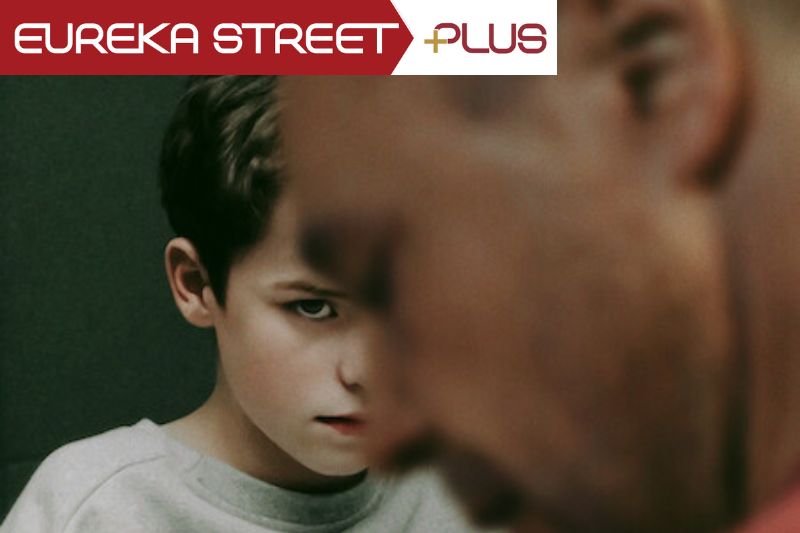
ARTS AND CULTURE
- Peter Craven
- 16 April 2025
A cultural flashpoint disguised as a television drama, the four-part epic turns a teenage murder accusation into both high art and a bracing reckoning with sex, violence, and the internet’s moral void.
READ MORE 
-

AUSTRALIA
- Melinda Tankard Reist
- 11 April 2025
A growing number of female teachers in Australia are leaving the profession, citing daily sexual harassment from their own students. Fuelled by pornography and social media, the misconduct ranges from crude comments to deepfake abuse, raising urgent questions about safety, consent, and the culture festering inside today’s classrooms.
READ MORE
-
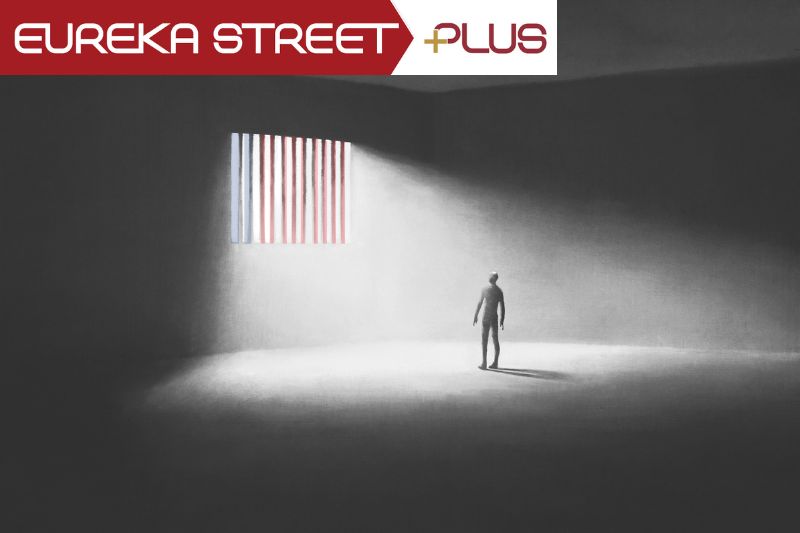
INTERNATIONAL
- Claire Heaney
- 21 February 2025
For 200 years, the power of presidential mercy has shaped America’s justice system. But with tensions heightened by numerous controversial pardons by both Trump and Biden, has this constitutional safeguard become a political weapon, that threatens the balance of democracy?
READ MORE 
-

ARTS AND CULTURE
- Peter Craven
- 06 December 2024
As an outspoken psychologist and best-selling author, Jordan Peterson become a lightning rod for debate on culture, gender, and the meaning of life itself. His newest book, We Who Wrestle With God, attempts to reinterpret the Bible through a psychological lens. Yet, some critics question whether his explorations of scripture offer revelation or revisionism.
READ MORE 
-

ARTS AND CULTURE
- Cherie Gilmour
- 06 December 2024
Russell Brand's conversion to Christianity has sparked fascination and skepticism. Dismissing his newfound faith as a cynical PR move, critics cite his controversial past. Yet, his public embrace of grace and redemption speaks to a restless spiritual hunger. Is this a genuine transformation or another reinvention of Brand’s ever-shifting persona?
READ MORE 
-

AUSTRALIA
- Erica Cervini
- 04 September 2024
4 Comments
While women-only spaces have long been seen as essential, the verdict raises questions about inclusivity and the potential for compromise. Is it possible to balance gender equality with the need for safe, exclusive spaces?
READ MORE
-
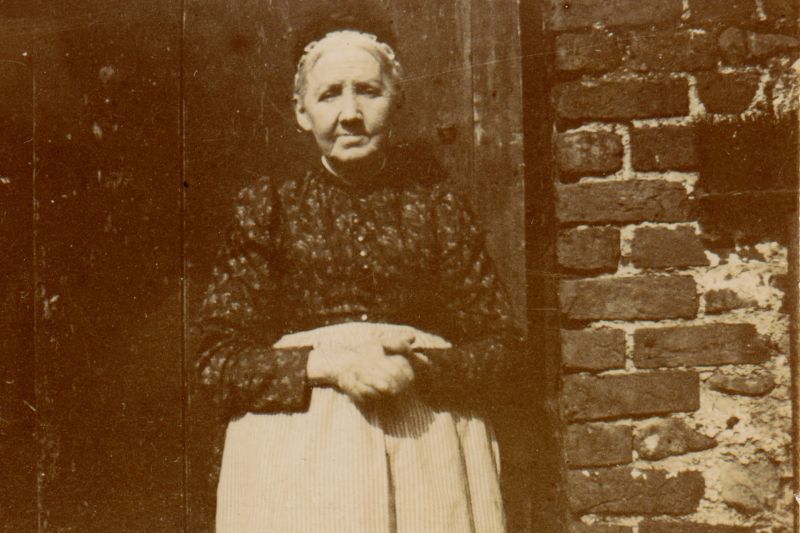
AUSTRALIA
- Barry Gittins
- 20 August 2024
3 Comments
Emma's story offers an unflinching glimpse into the brutality of colonial Australia. While it’s worth celebrating the undeniable social progress made since Emma braved the voyage to Australia, we must resist the temptation to see our history of violence as consigned to the past.
READ MORE
-

AUSTRALIA
In response to campus protests, universities erred on the side of free speech when every other day, the prevailing ethos is one of ‘safetyism’, namely suppressing speech or inquiry if an identity group frames it as ‘harmful’ to them. Universities should strive to be uncomfortable and ‘unsafe’ for all, with no identity immune from robust scrutiny.
READ MORE 
-

AUSTRALIA
- Bill Farrelly, David Halliday
- 30 May 2024
6 Comments
We don’t need more statistics to prove that addiction to alcohol, gambling and illegal drugs plays a huge role in domestic violence. But what about addiction to pornography? Until now, public conversation on this has been minimal. Despite a wealth of research linking pornography consumption with sexual violence, why are we so afraid to discuss this elephant?
READ MORE
-

ARTS AND CULTURE
- Juliette Hughes
- 15 March 2024
3 Comments
Two books about a 1942 massacre of Australian nurses were released last year. One is reliable, the other is notable for factual omissions. If we leave something out, are we then guilty of censorship? Alternatively, if our truth-telling offends someone else, what is our justification for so doing?
READ MORE 
-
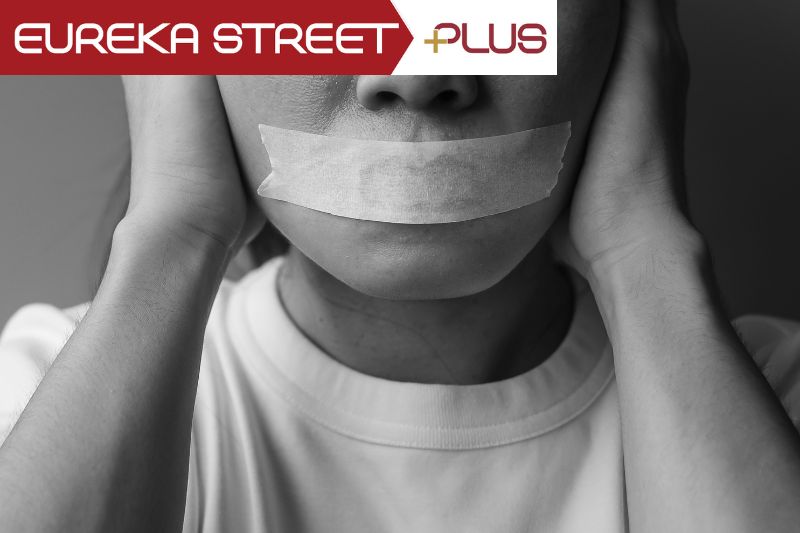
AUSTRALIA
- Holly Lawford-Smith
- 02 February 2024
1 Comment
How can we make progress on the question of whether debate can do harm, and if it can, whether that’s a sufficient reason to suppress particular debates? Or should we adopt a ‘no debate!’ approach to particular topics ourselves?
READ MORE 
-
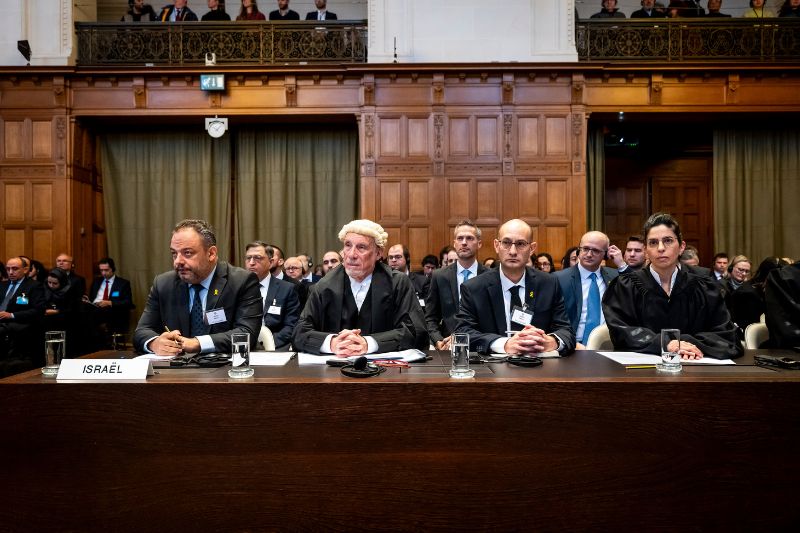
INTERNATIONAL
- Chris Middleton
- 24 January 2024
6 Comments
South Africa has taken Israel to the International Court of Justice claiming genocide has been committed against Palestinians during the Gaza conflict. As the world anticipates a preliminary verdict, we consider key questions.
READ MORE